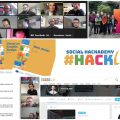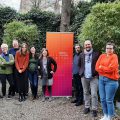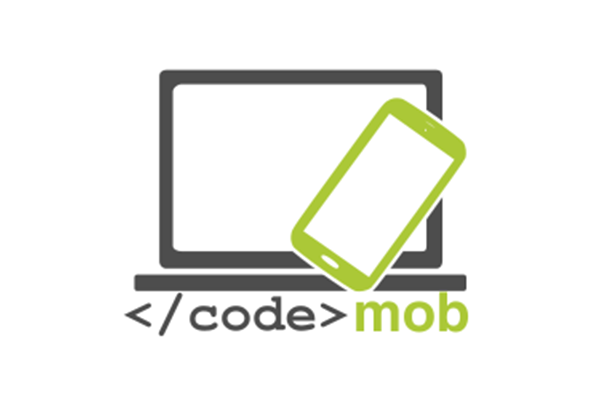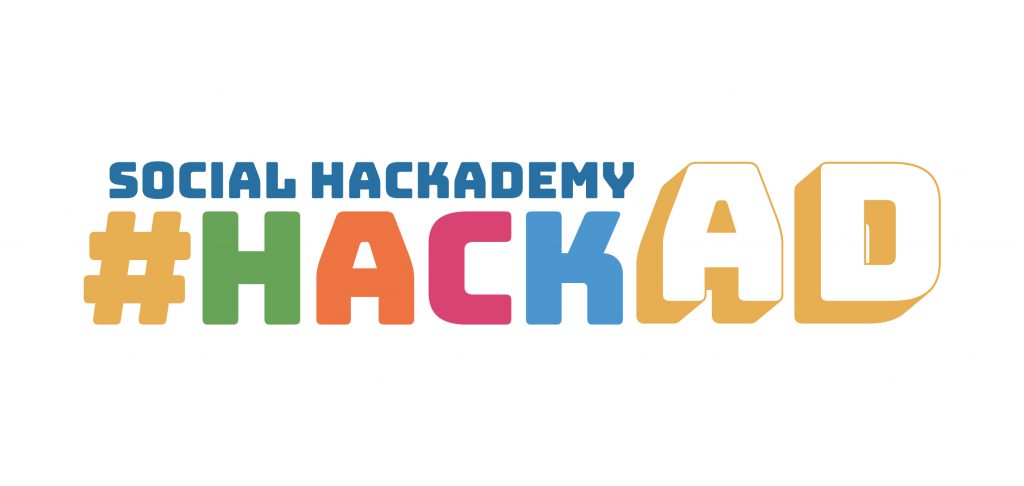
25 Jan Social Hackademy #HackAD
25 Jan, 2020
HackAD Facebook: @hackADeu
The #hackAD project fostered digital skills and competences of young people from disadvantaged background by implementing collaborative educational activities based on the Social Hackademy co-creation methodology.
The project aimed to empower young people (age 16-29) from disadvantaged backgrounds by helping them acquire and develop digital skills to find digital solutions to social challenges and improving trainers’ capacity to foster digital skills of youth at risk of social and digital exclusion. This was done through the setting up of Social Hackademy Labs and the organisation of Social Hackathons in four European countries: Croatia, France, Greece, and Italy.
The project focused on digital co-creation, technology and education for empowerment and social mobility of disadvantaged young people, through the scaling up of the Social Hackathon Umbria (SHU), a good practice implemented at local level by project partner EGInA since 2016.
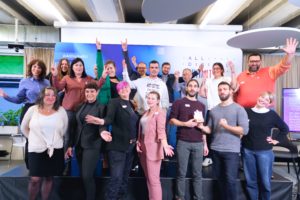
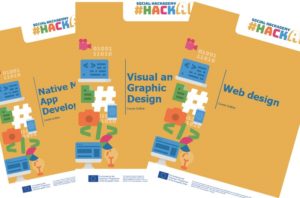
The #hackAD project was implemented by partners from five European countries (Belgium, Italy, Greece, Croatia and France) and produced the following key results:
- Social Hackademy methodology addressed to teachers and youth workers
- Trainers Handbook for the implementation of Social Hackademy Methodology
- Course outlines on Native Mobile App Development, Web Design, and Visual and Graphic Design
- Social Hackademy Online Platform featuring the online training services and tools
- At least 19 trainers working in the field of digital skills with young people trained in the Social Hackademy Methodology
- Social Hackademy Labs established in Italy, Greece, France, and Croatia through multi-stakeholder local and national partnerships
- At least 272 young people aged 16-29, most of which from disadvantaged background, trained in at least one of the three courses (Native Mobile App Development, Web Design or Graphic design).
- Social hackathons organised in four project countries involving young people and multidisciplinary teams using a co-creation methodology
- 18 digital solutions to local challenges matched to the Sustainable development goals developed by the co-creation teams during the hackathons
PARTNERS
- ALL DIGITAL, Belgium – Coordinator
- European Grants International Academy (EGInA), Italy
- Hellenic Open University (HOU), Greece
- Centre for Technical Culture Rijeka (CTC), Croatia
- Public Libraries 2030 (PL2030), Belgium
- Simplon.co France




